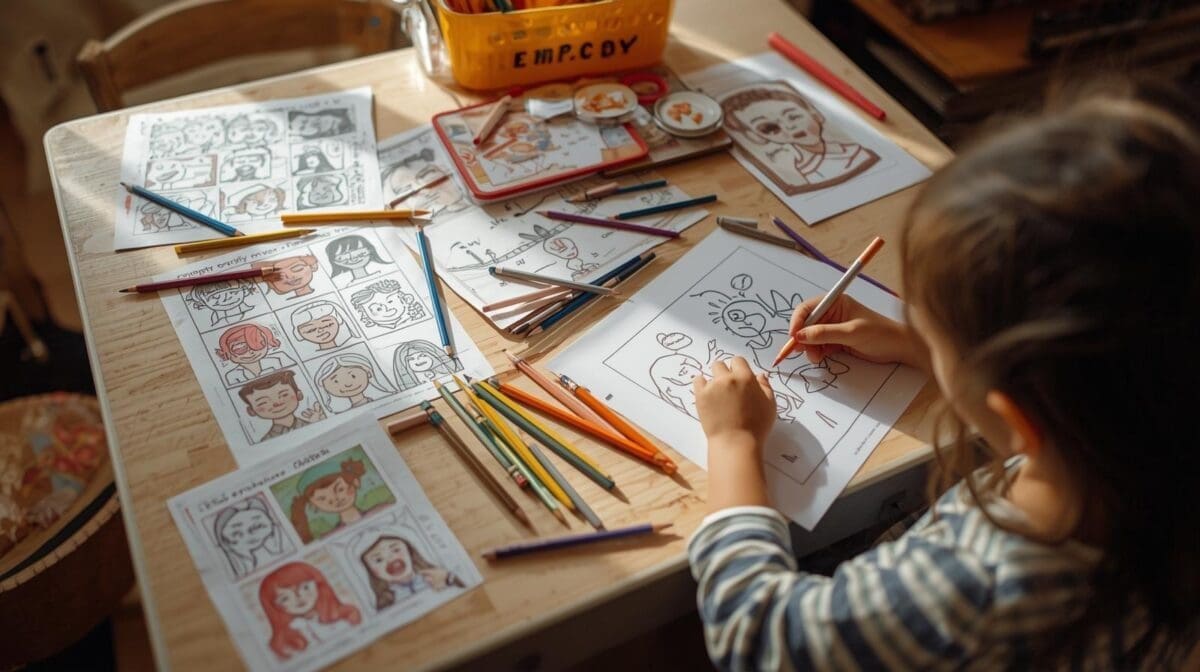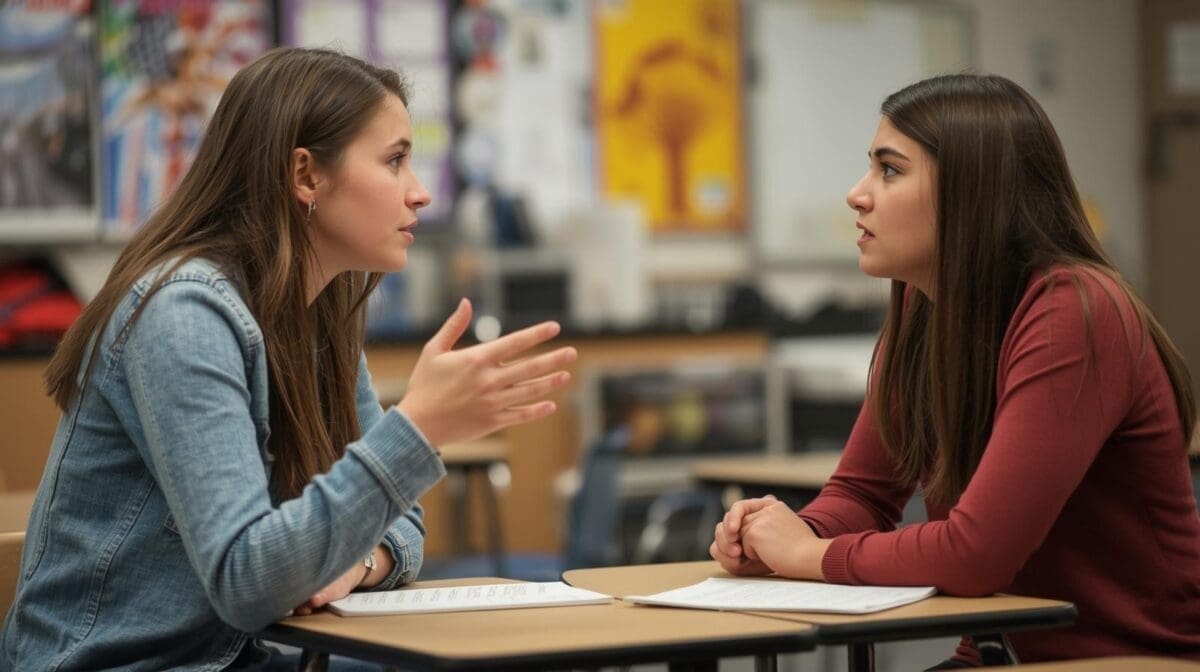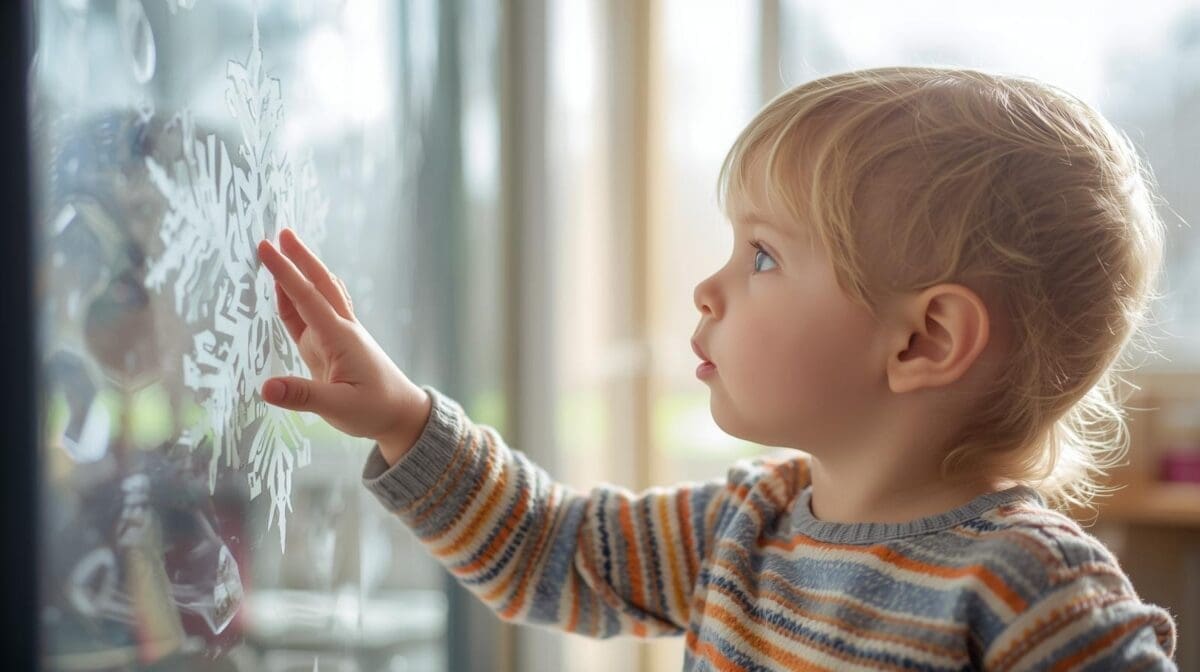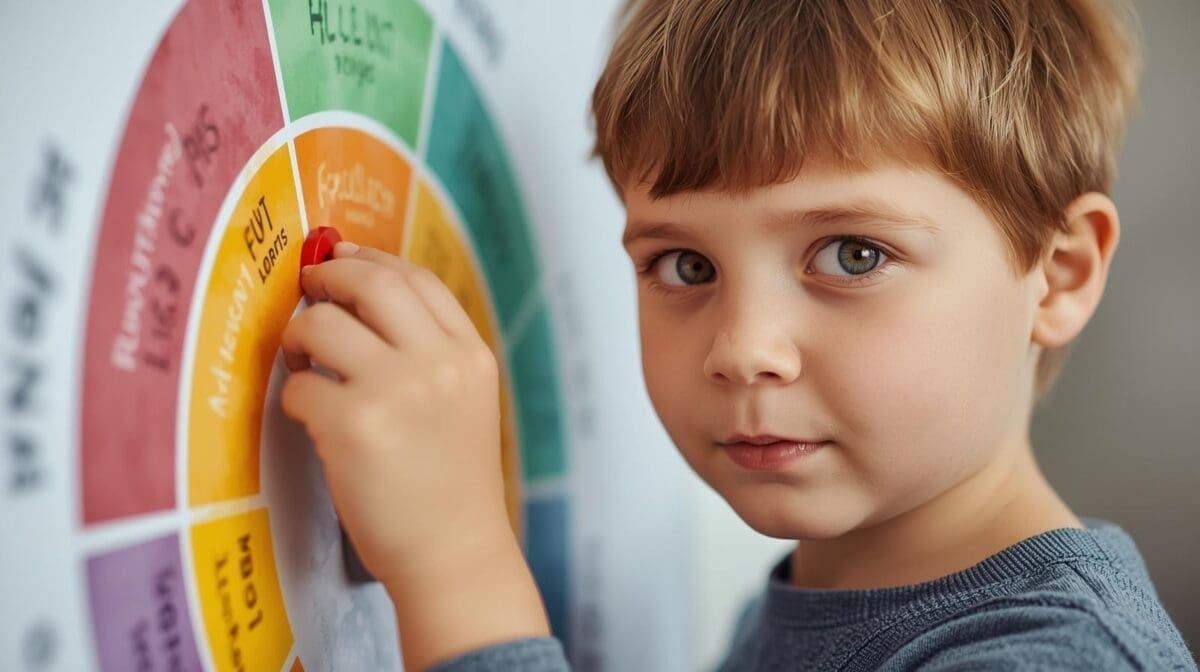The Emotional Benefits of Therapy Dogs in Counseling Spaces
Therapy dogs bring something to a counseling room that no furniture, lighting, or décor ever could — living empathy. Their presence turns sterile environments into places of connection, safety, and quiet trust. Whether curled beside a client’s chair or greeting visitors in the waiting room, a well-trained therapy dog helps bridge the emotional distance that […]
The Emotional Benefits of Therapy Dogs in Counseling Spaces Read More »










